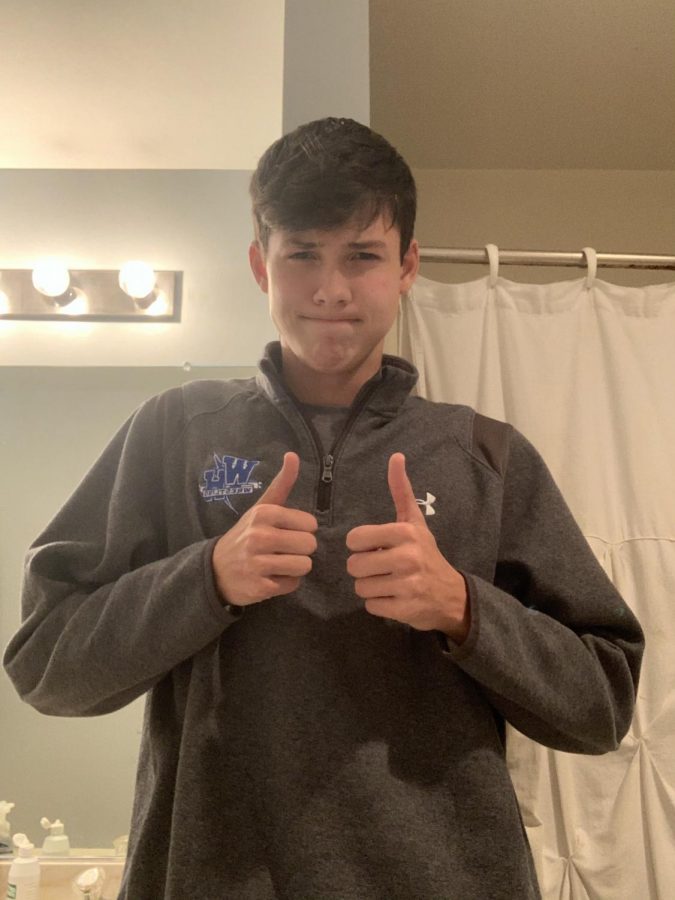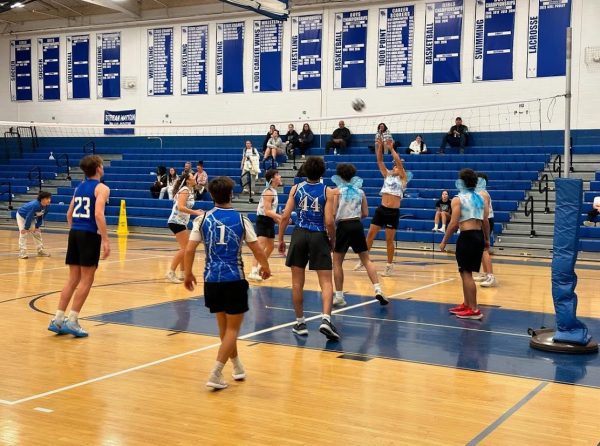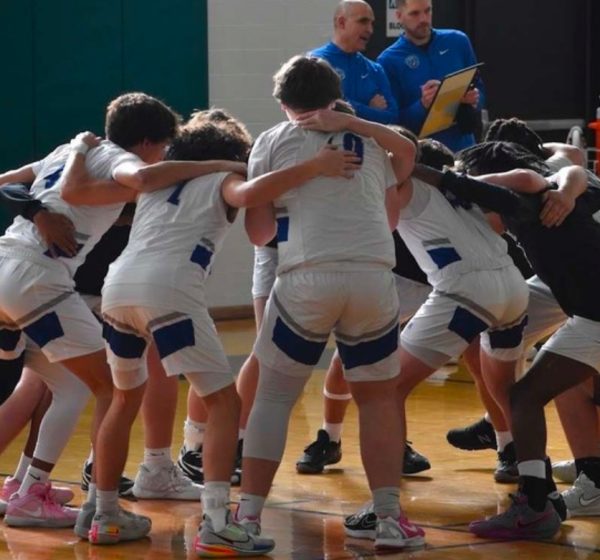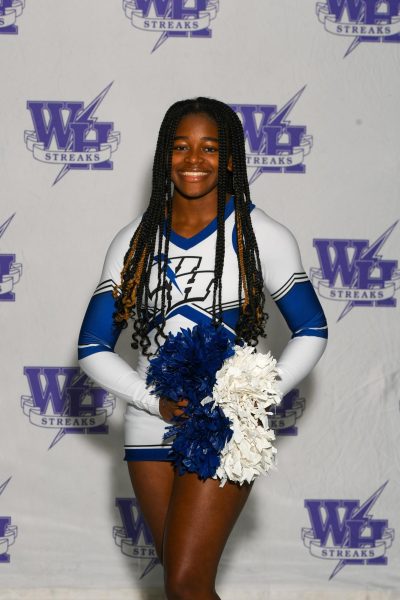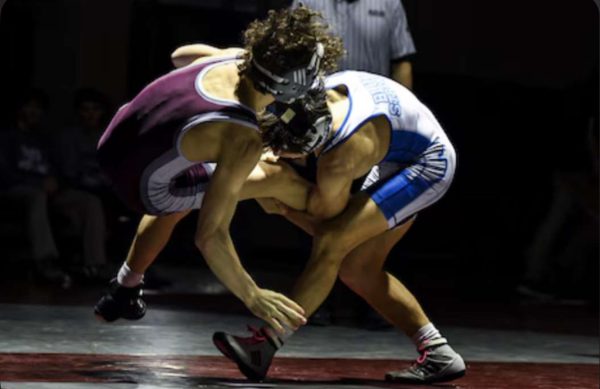Collegiate Dreams Require Work to Come True
In elementary school and middle school, most students are introduced to sports and grow a love for the game they play. In high school, the passion for their selected sports tends to either enhance or die off due to coaching, injuries or time consumption.
For the other batch of athletes who still continue to enjoy the game and team atmosphere, the thought and consideration of playing at the collegiate level will most definitely cross their mind.
Seven percent of high school athletes end up breaking through the barrier into college sports and even then, only .00625 percent of students will be able to play at the professional level. The odds are already stacked against them, but if they are serious about making it to the next level of college sports, they don’t have time to worry about the odds. Instead, they should be studying, going to camps, practicing and perfecting their craft.
To play in the National Collegiate Athletic Association (NCAA) athletes need to have graduated from high school, be accepted into the college they want to play for and meet the GPA requirements, as well as ACT and SAT grade requirements. No matter how good they are at their respective sport, they have to make sure they put school first as a STUDENT athlete.
After making the grades, student-athletes should then register so that they can play in the NCAA. Without registering, schools aren’t allowed to contact athletes or give any scholarships. The registration just lets colleges know student-athletes are academically eligible and that they are interested in playing in their next stage of life.
Once the registration is filled out, it is all on the athlete to continue to work toward their goals. Many players go to camps, play on travel teams and play all year-round. Without doing these things, their exposure and chances decrease and playing on these teams will also set them apart and show them playing against better competition.
Camps help a lot as well because most camps are college-run so while student-athletes improve their skills, they also gain exposure to some of the coaches that might want to look at them for a spot in their program.
Former Warren Hills Soccer and Tennis Player Adam Stanneck had a family member record his sporting events so that he could send them to the coaches of colleges and gain their attention that way.
“It helped them see what they could get out of me, and helped me get more offers from more schools,” said Stanneck, who currently attends Salem University in Massachusetts and plays both Soccer and Tennis for the school.
Exposure is the biggest thing in the recruiting process. If athletes can manage to get coaches to watch them play and scouts come to watch them, it could eventually lead to thousands of fans watching them from the stands.
At the end of the day it all depends on how hard the athlete works and how badly he wants to achieve his goal.
In the words of Kobe Bryant: “Hard work outweighs talent every time.”

